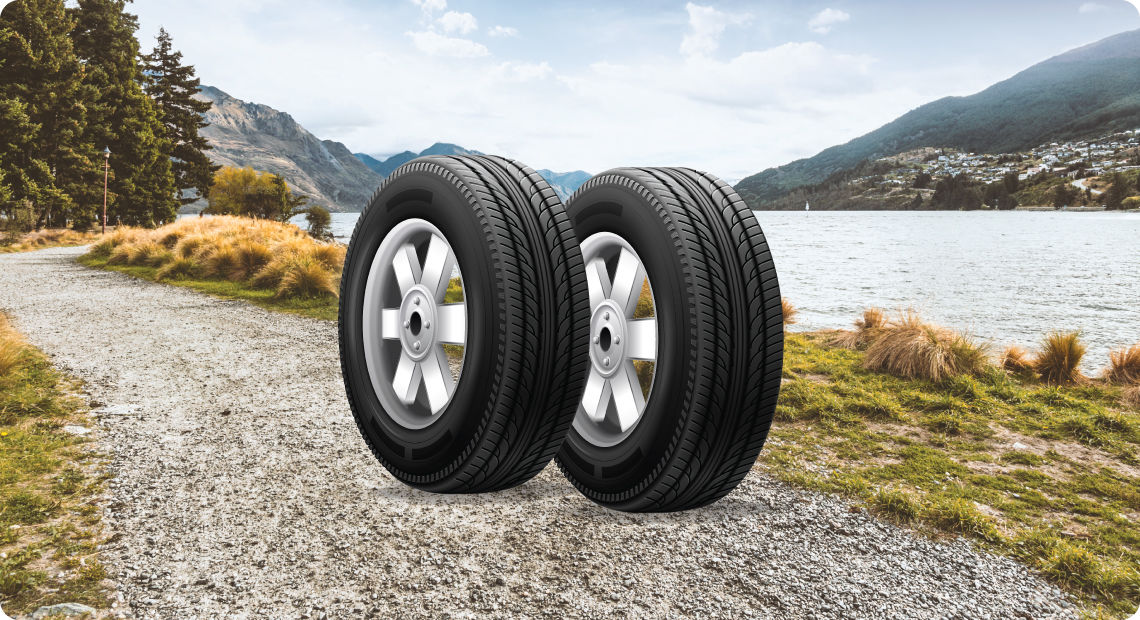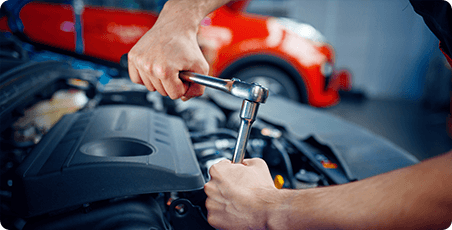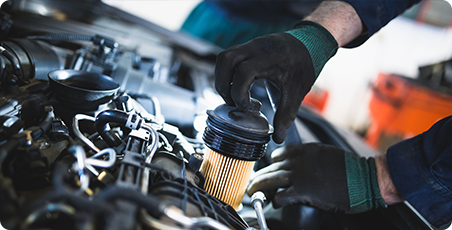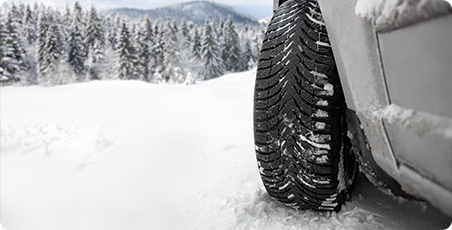Summer Tires In Mississauga
| Days | Hours |
| Monday | 7:00AM to 6:00PM |
| Tuesday | 7:00AM to 6:00PM |
| Wednesday | 7:00AM to 6:00PM |
| Thursday | 7:00AM to 6:00PM |
| Friday | 7:00AM to 6:00PM |
| Saturday | 7:00AM to 1:00PM |
| Sunday | Closed |

Come browse our selection of all-season and summer tires, specials, installation, and storage for your winter tires. To shop our current tire offers, simply pick the year, make and model of your vehicle in the tool below. Once you find the right tires, call us or book an appointment online to install your tires.
Why Buy Summer or All-Season Tires?
Mississauga is getting warmer, and that means spring is around the corner! At Applewood Chevrolet Buick GMC, we’re here to help get your vehicle ready for the warm and wet roads. If you haven’t shopped for tires before, it can be a bit confusing. We’ve answered the most frequently asked questions that we get asked by our customers when they come to us for help. If you still have questions, you can contact us at any time! We’re experts at dealing with the common issues that winters tires have driving in the Mississauga area.
When should I change my tires?
Winter tires begin to lose their effectiveness once temperatures reach above seven degrees. At that point, the rubber compounds used in all-season and summer tires also become more effective on the warmer, non-icy roads — namely, they improve your fuel efficiency and grip the roads better. You may not want to switch the tires the first time you see the temperatures reach a high of seven degrees, as the weather fluctuates. Keep an eye on the weather forecast for when you see a run of several days in a row above seven degrees.
What’s the difference between summer and all-season tires?
All-season tires have deeper treads for better longevity as well as more effective performance overall on roads that are wet or cooler. The deeper treads helps the tires have a more reliable grip in those conditions. On the other hand, summer tires have shallower treads to allow for better grip, steering and braking when the road conditions are hotter and more dry. However, it also means the tread wears out faster, and it will not grip the road as well when it is cooler or wet.
How can I tell when my tires are too old and worn and need to be replaced?
There a number of factors that can affect how long your tires may last before they are not longer able to safely or reliably grip the road when you have to brake or turn:
- How old are they — on average you should replace your tires every 5 to 7 years, because as your tires get older they begin to harden and crack until they start losing grip and potentially separating from the rim.
- How you drive — your tires will wear out faster if you drive more aggressively, if you drive more on the highway than in the city, if you drive more than the general annual average, or if you drive on rougher gravel roads
- How you maintain them — you can prolong the lifespan of your tires if you keep them at the proper levels of inflation and pressure, repair any small punctures or damage, rotate them regularly, make sure the wheels are always aligned, and so on
If your tires get torn or punctured beyond repair, you will need to replace at least the damaged tire(s) immediately. If the tread is worn down so much that the tires are no longer able to safely grip the road for steering and stopping, you should also replace them as soon as possible. You can get a special tread-measuring tool to test all your tires, and if the tread is shallower than 1.6mm or 1/16th of an inch then they will need to be replaced.





